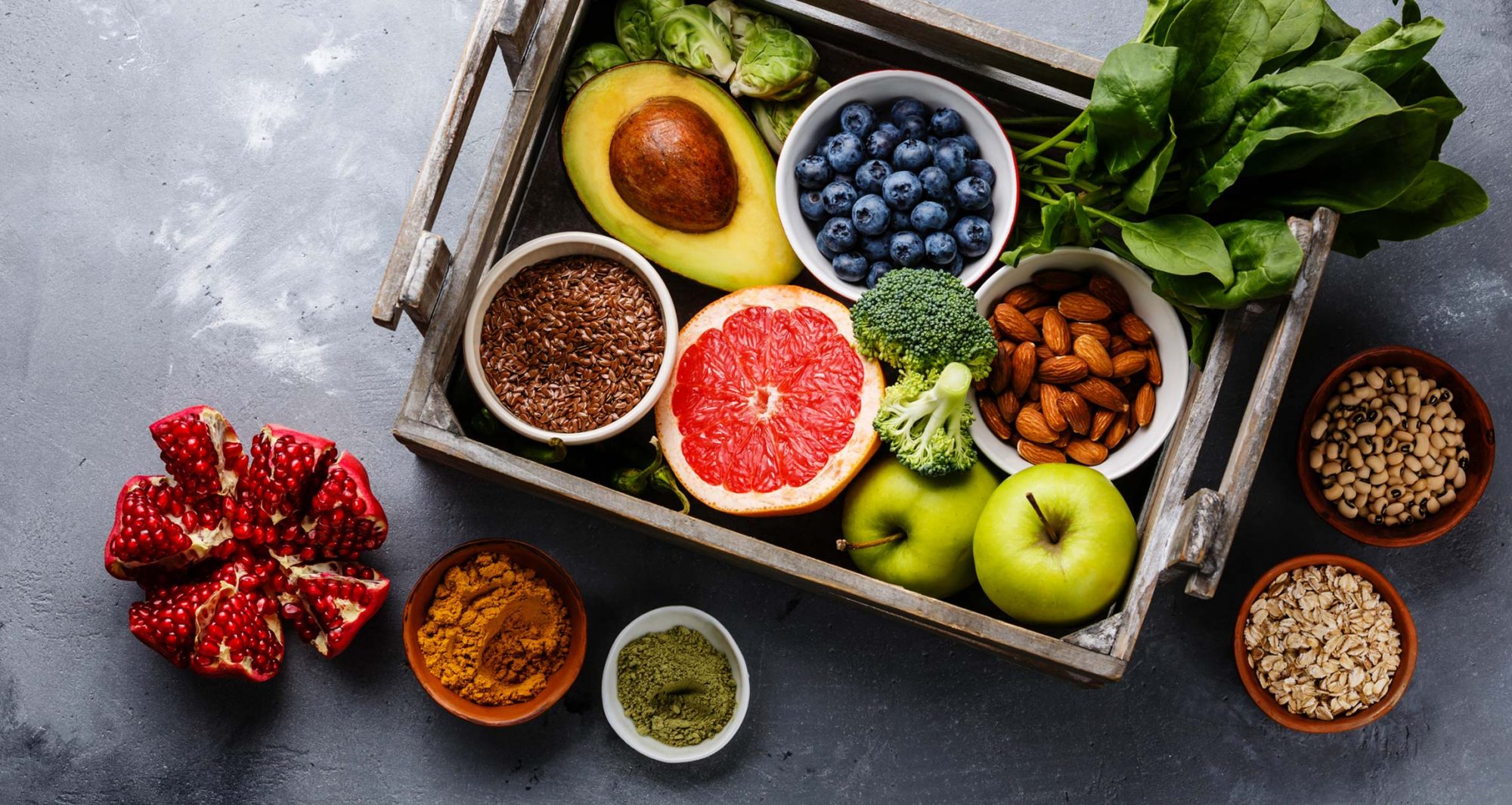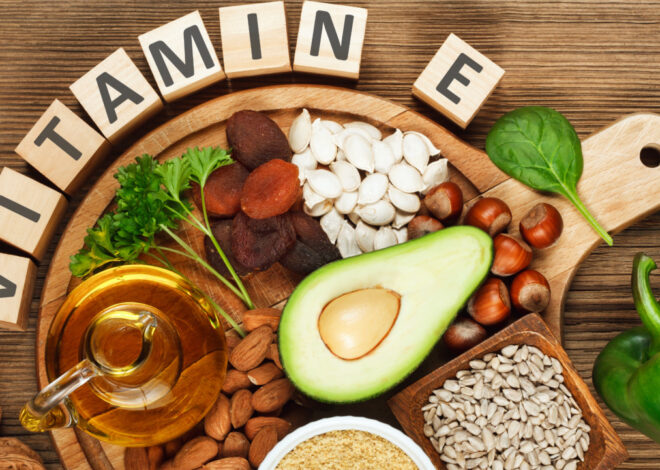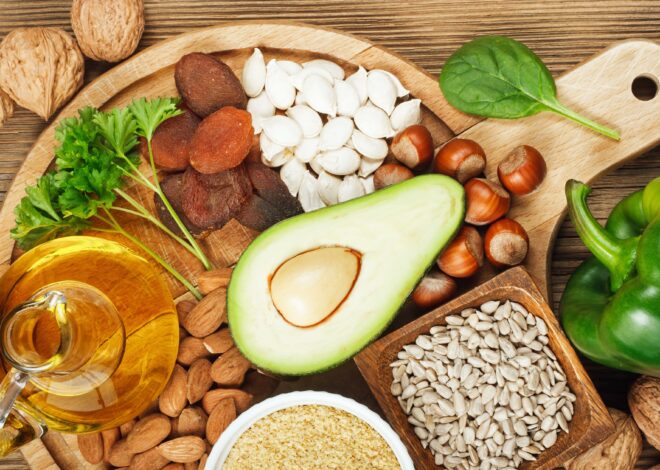
How to Increase Your Vitamin K Intake with Vegetables
Vitamin K is a vital nutrient that plays a crucial role in blood clotting, bone health, and heart health. While it may not receive as much attention as other vitamins, ensuring adequate intake of vitamin K is essential for overall health. Fortunately, increasing your vitamin K intake can be both delicious and easy, especially when you focus on incorporating more vegetables into your diet. In this guide, we’ll explore everything you need to know about vitamin K, its benefits, and how to boost your intake through vegetables.
Understanding Vitamin K
What is Vitamin K?
Vitamin K is a fat-soluble vitamin that comes in two main forms: K1 (phylloquinone) and K2 (menaquinone). Vitamin K1 is predominantly found in green leafy vegetables, while K2 is found in fermented foods and animal products. Both forms of vitamin K are essential, but K1 is more commonly consumed through diet.
Why is Vitamin K Important?
Vitamin K is essential for:
- Blood Clotting: It plays a crucial role in the blood clotting process by activating proteins that help in clot formation.
- Bone Health: It supports bone health by regulating calcium deposition and promoting bone mineralization.
- Heart Health: It helps prevent arterial calcification, thus supporting cardiovascular health.
Top Vegetables Rich in Vitamin K
Leafy Greens
Leafy greens are some of the best sources of vitamin K. Incorporating a variety of these vegetables into your diet can significantly boost your vitamin K intake.
- Kale: Kale is one of the most nutrient-dense vegetables available. Just one cup of raw kale provides over 500% of the recommended daily intake of vitamin K.
- Spinach: Spinach is another powerhouse, with one cup of cooked spinach offering nearly 1000% of the daily value of vitamin K.
- Swiss Chard: This leafy green is not only rich in vitamin K but also packed with other essential nutrients like vitamins A and C.
- Collard Greens: Collard greens are a staple in many cuisines and are an excellent source of vitamin K, with one cup of cooked collards providing over 1000% of the daily value.
Cruciferous Vegetables
Cruciferous vegetables are also high in vitamin K and offer a range of other health benefits.
- Broccoli: Broccoli is a versatile vegetable that can be enjoyed raw or cooked. One cup of cooked broccoli provides about 220% of the daily value of vitamin K.
- Brussels Sprouts: These small, cabbage-like vegetables are rich in vitamin K, with one cup of cooked Brussels sprouts providing around 240% of the daily value.
- Cauliflower: While not as high in vitamin K as other cruciferous vegetables, cauliflower still contributes to your daily intake and offers numerous other health benefits.
Other Vegetables
In addition to leafy greens and cruciferous vegetables, several other vegetables are good sources of vitamin K.
- Green Beans: Green beans are a tasty and versatile vegetable that can be steamed, sautéed, or added to various dishes. One cup of cooked green beans provides about 20% of the daily value of vitamin K.
- Asparagus: Asparagus is another great option, with one cup of cooked asparagus providing about 70% of the daily value.
- Leeks: Leeks are a member of the onion family and are rich in vitamin K. One cup of cooked leeks provides approximately 50% of the daily value.
Tips for Incorporating Vitamin K-Rich Vegetables into Your Diet
Create Nutritious Salads
Salads are an excellent way to incorporate a variety of vitamin K-rich vegetables into your diet. Start with a base of leafy greens like kale, spinach, or Swiss chard. Add cruciferous vegetables like broccoli or Brussels sprouts, and toss in other veggies like green beans or asparagus. Top with a healthy dressing made with olive oil (which aids in the absorption of vitamin K) and enjoy a nutrient-packed meal.
Cook with Creativity
Cooking with vitamin K-rich vegetables doesn’t have to be boring. Experiment with different cooking methods and recipes to keep things interesting.
- Sautéing: Sauté vegetables like spinach, Swiss chard, and green beans in olive oil with garlic and herbs for a quick and delicious side dish.
- Roasting: Roasting brings out the natural sweetness of vegetables like broccoli, Brussels sprouts, and cauliflower. Simply toss them in olive oil, season with salt and pepper, and roast until tender.
- Stir-Frying: Stir-frying is a great way to combine several vitamin K-rich vegetables into one dish. Try a mix of kale, broccoli, and green beans with your favorite protein and sauce.
Incorporate Smoothies and Juices
Smoothies and juices are an easy way to increase your vitamin K intake, especially if you’re not a fan of eating vegetables. Blend spinach or kale with fruits like bananas, berries, and apples for a tasty and nutritious drink. You can also juice leafy greens along with other vegetables and fruits for a refreshing beverage.
Try New Recipes
Exploring new recipes can make it easier to incorporate more vitamin K-rich vegetables into your diet. Look for recipes that feature leafy greens, cruciferous vegetables, and other vitamin K-rich veggies as main ingredients. You might discover new favorite dishes that make getting your daily dose of vitamin K enjoyable.
FAQs
What are the signs of a vitamin K deficiency?
Vitamin K deficiency can lead to symptoms like easy bruising, excessive bleeding from wounds or surgical sites, heavy menstrual periods, and bleeding gums. Severe deficiency can cause hemorrhaging.
How much vitamin K do I need daily?
The recommended daily intake of vitamin K varies by age, sex, and life stage. For adults, the daily requirement is about 90-120 micrograms.
Can I get too much vitamin K from vegetables?
It’s unlikely to get too much vitamin K from vegetables alone, as the body regulates its absorption. However, if you’re taking vitamin K supplements, it’s essential to follow the recommended dosage.
Are there any interactions with medications I should be aware of?
Yes, vitamin K can interact with certain medications, especially blood thinners like warfarin. It’s important to maintain consistent vitamin K intake and consult your healthcare provider if you’re on such medications.
Can I cook vitamin K-rich vegetables without losing their nutrient value?
Cooking methods can affect the vitamin K content in vegetables. Steaming and sautéing tend to preserve more vitamin K compared to boiling. However, even cooked vegetables can still be a significant source of vitamin K.
Are there any other foods rich in vitamin K besides vegetables?
Yes, other foods high in vitamin K include fermented foods like natto, dairy products, and certain meats. However, vegetables are typically the most abundant and reliable source of vitamin K1.
Can I meet my vitamin K needs through supplements?
While it is possible to meet your vitamin K needs through supplements, it’s generally recommended to get your nutrients from food sources whenever possible. Whole foods provide additional nutrients and benefits that supplements cannot replicate.
How can I ensure my children get enough vitamin K?
Incorporate a variety of vitamin K-rich vegetables into your family’s meals. Encourage children to try different vegetables and prepare them in appealing ways. Smoothies, soups, and fun salad toppings can make vegetables more attractive to kids.
Does vitamin K support bone health?
Yes, vitamin K plays a crucial role in bone health by regulating calcium in the bones and blood. Adequate vitamin K intake can help improve bone density and reduce the risk of fractures.
Can I grow vitamin K-rich vegetables at home?
Absolutely! Many vitamin K-rich vegetables, such as kale, spinach, and broccoli, can be grown in home gardens. This can be a cost-effective and rewarding way to ensure a fresh supply of these nutritious vegetables.
Conclusion
Increasing your vitamin K intake through vegetables is a simple and effective way to support your overall health. By incorporating a variety of leafy greens, cruciferous vegetables, and other vitamin K-rich options into your diet, you can enjoy the numerous benefits this essential nutrient provides. Experiment with different recipes, cooking methods, and meal ideas to keep your diet interesting and nutritious. Remember, a balanced diet rich in whole foods is key to maintaining optimal health.
- Retinol Peel Near Caterham, Surrey - June 1, 2025
- Obagi Nu-Derm System For Anti-aging In Kingston Upon Thames Surrey London - June 1, 2025
- The Emotional Aftermath Of Ghosting And How To Find Closure - May 31, 2025


